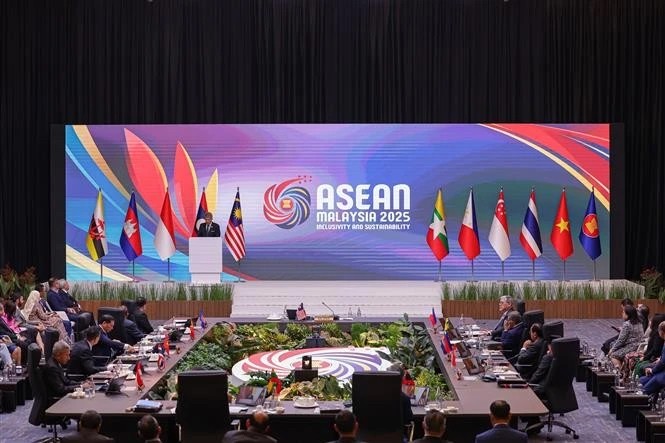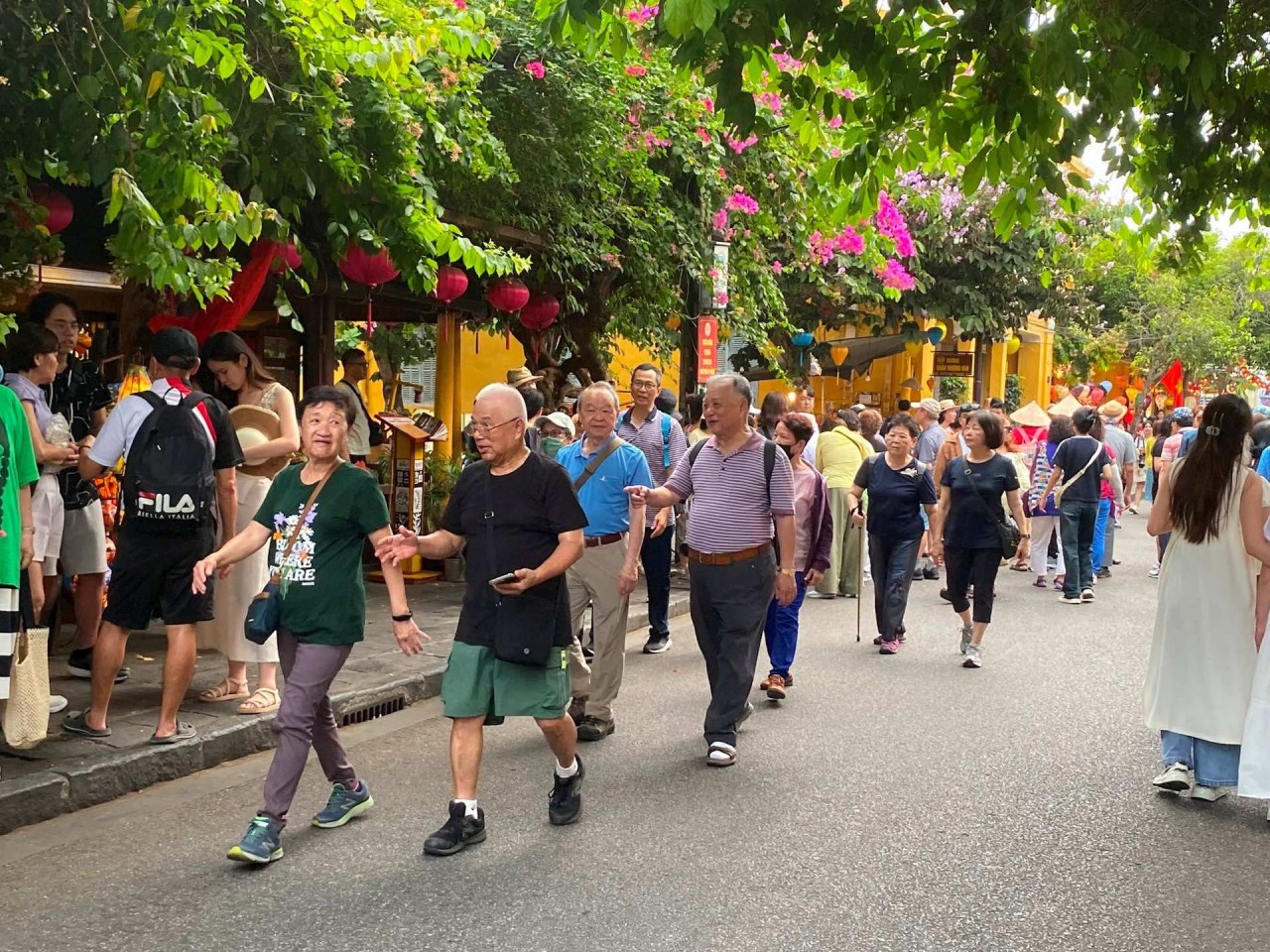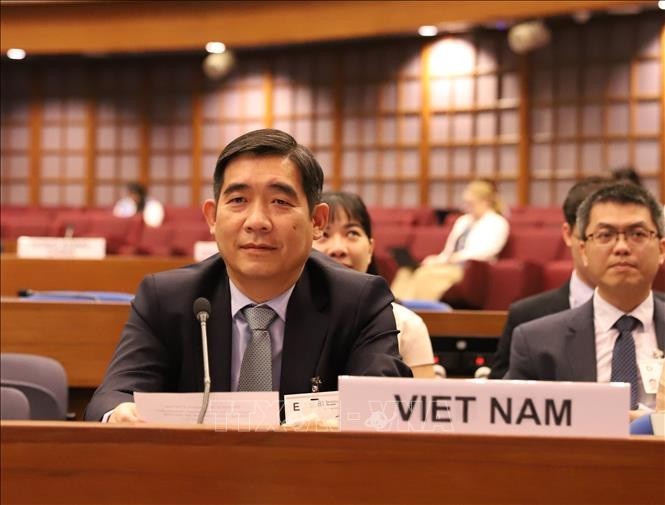Transforming Rice Value Chains for Climate Resilient and Sustainable Development in Mekong Delta
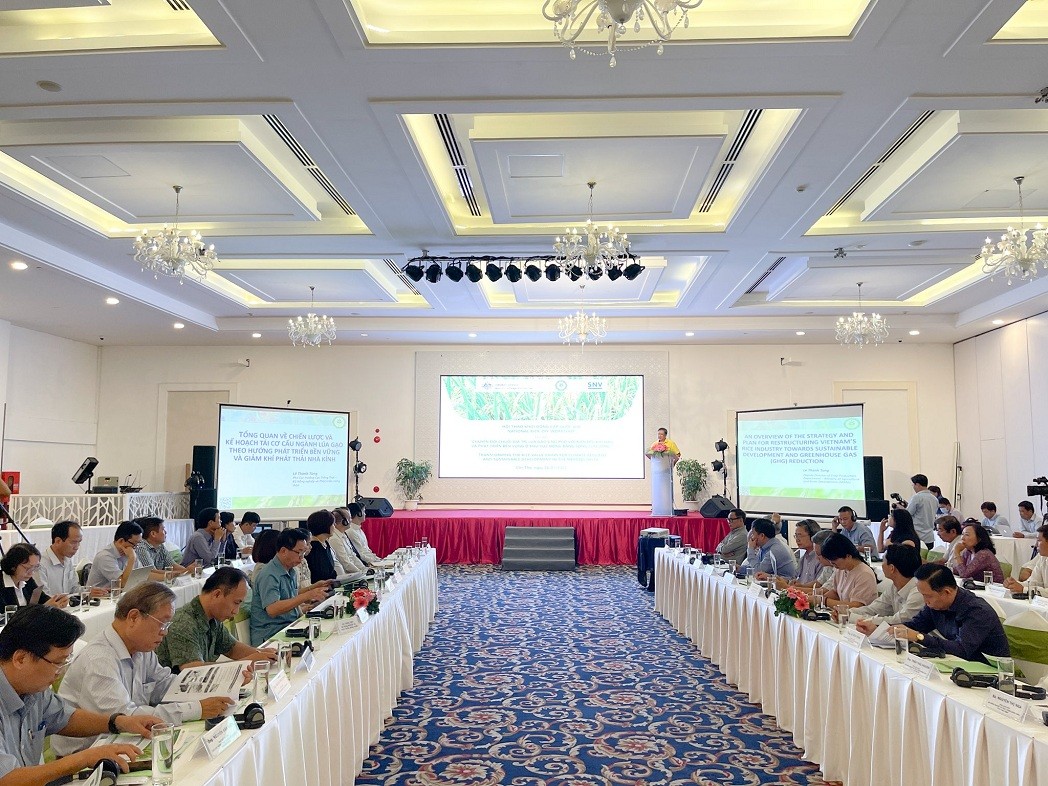 |
| At the event in Can Tho City. Source: SNV Vietnam |
SNV Netherlands Development Organisation in collaboration with the Department of Crop Production, Ministry of Agriculture and Rural Development (MARD) on July 26 co-organized a national kick-off workshop for the project “Transforming Rice Value Chains for Climate Resilient and Sustainable Development in the Mekong Delta (TRVC)”, funded by the Australian Government.
Nearly 100 attendees including experts and representatives from SNV Vietnam, representatives from the Australian Embassy in Vietnam, Department of Foreign Affairs and Trade (DFAT) and international organizations in Vietnam; departments and institutes of MARD; the Ministry of Natural Resources and Environment; the Departments of Agriculture and Rural Development, Plant Protection Centers and Agricultural Extension Centers of Can Tho, An Giang, Dong Thap and Kien Giang; senior experts; and nearly 30 major rice production and trading companies in the Mekong Delta.
The Mekong Delta is vital to Vietnam’s sustainable economic development. It supports the lives and livelihoods of more than 17 million people, provides 65% of aquaculture production, 60% of fish for export and nearly 70% of fruits of the whole country, as well as 90% of Vietnam’s rice export.
At the same time, the Delta is also one of the most climate-vulnerable regions in the world – with a combination of sea-level rise, saltwater intrusion and subsidence.
Building on the success of the "AgResults Vietnam Emissions Reduction Challenge Project” (AVERP) in Thai Binh province, funded by the Australian Embassy in Vietnam, Department of Foreign Affairs and Trade (DFAT), SNV Netherlands Development Organisation continues working with government partners at central and provincial levels to design the project “Transforming Rice Value Chains for Climate Resilient and Sustainable Development in the Mekong Delta (TRVC)”.
Using Pay-for-Results (PfRs) mechanism, the TRVC Project will incentivize and attract the participation of private enterprises in the Rice Value Chain, aiming to scale-up innovative technologies to achieve higher economic outcomes for smallholder farmers (SHFs) and all Rice Value Chain actors, improve rice quality and inclusive social values while reducing greenhouse gas (GHG) emissions and mitigating environmental footprints as co-benefits.
Thereby, the project will play a catalytic role in creating the transformation of rice production and trading towards sustainability and bringing inclusive values in the most rice-intensive production provinces in the Mekong Delta; actively contribute to the achievement of sustainable and climate-resilient development in the Mekong Delta.
It is expected to be implemented in three provinces in the Mekong Delta including An Giang, Kien Giang and Dong Thap, three provinces with key rice production areas in the provinces and cities of the Mekong Delta.
The project, implemented from 2022 to 2027, is expected to support livelihood development for about 300,000 rice-growing households, reduce emissions of about 200,000 tons of CO2, and save about 15% of input costs. At the same time, continue to propose rice farming methods to reduce greenhouse gas emissions to replicate in Vietnam.
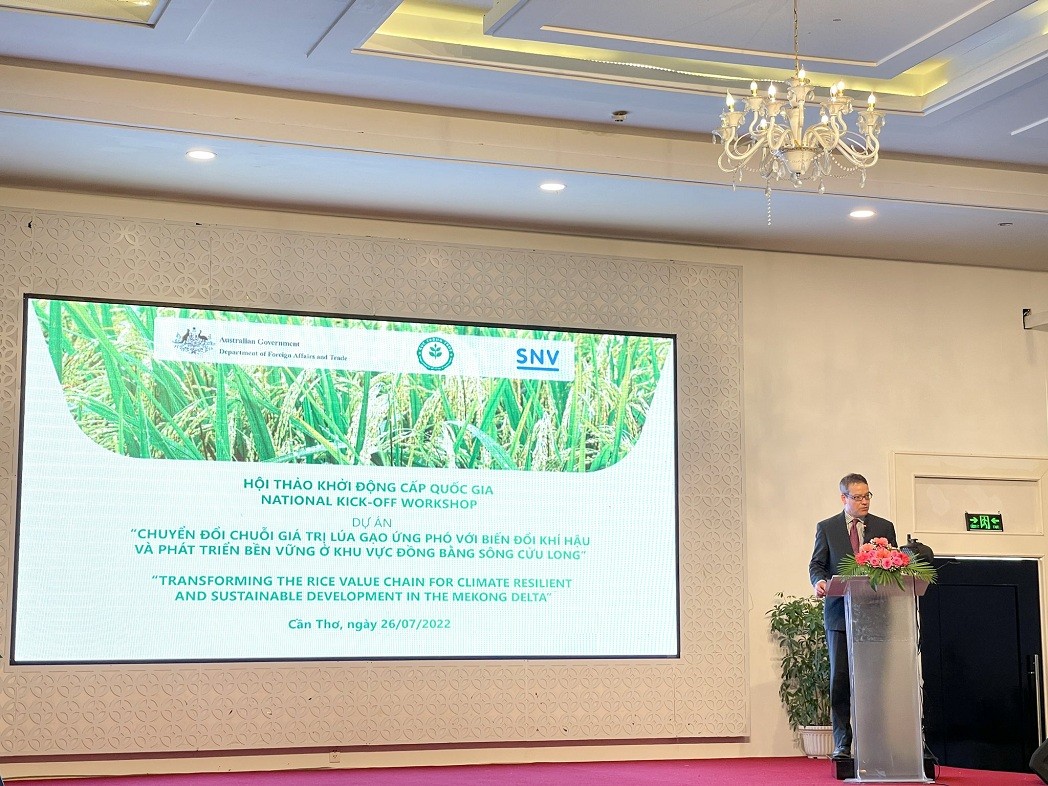 |
| Peter Loach, SNV in Vietnam Country Director speaks at the event. Source: SNV Vietnam |
“Building on the success of AVERP, we will continue to scale up the remarkable results achieved, thereby incentivizing private enterprises in the Rice value chain to participate in the competition, creating sustainable impacts, towards smart climate-resilient agriculture pathway in one of the most anticipated projects on transforming the Rice value chain in the Mekong Delta,” Peter Loach, SNV in Vietnam Country Director emphasized.
According to Nguyen Nhu Cuong, director of MARD's Department of Crop Production, this project has a new feature that supports competitions; in which, the participating units will come up with models and technical processes that are economically efficient, sustainable, and reduce greenhouse gas emissions.
The project has the participation of private enterprises in the form of the socialization of 100% capital from enterprises. This is a project implemented on a large scale, with a wide scale, with a completely different way of supporting and evaluating criteria.
Cuong hopes the project will help the rice production industry in the Mekong Delta region to develop green, clean, and sustainable in the future.
 | Vietnamese Premium Agriculture Products Enter Japanese Market Vietnamese rice and agriculture products are rising stars in Japan, entering hundreds of supermarkets and retail stores in AEON's system across the country. |
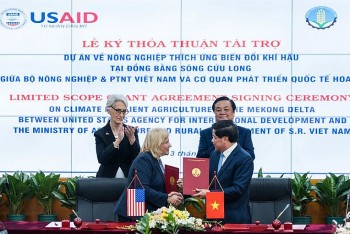 | US Deputy Secretary Witnesses USAID, MARD Enhance Cooperation USAID and Vietnam's ministry launched a new project to combat wildlife trafficking, agree to partner on addressing climate change in the Mekong Delta |
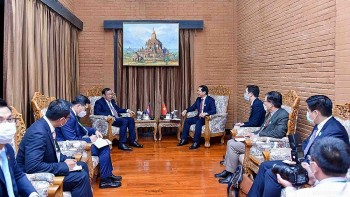 | MLC Foreign Ministers' Meeting: Vietnam's FM Meets Foreign Officials Foreign Minister Bui Thanh Son has bilateral meetings with FM of Cambodia, Thailand and Laos, seeking to promote relations and cooperation within the MLC framework ... |
Recommended
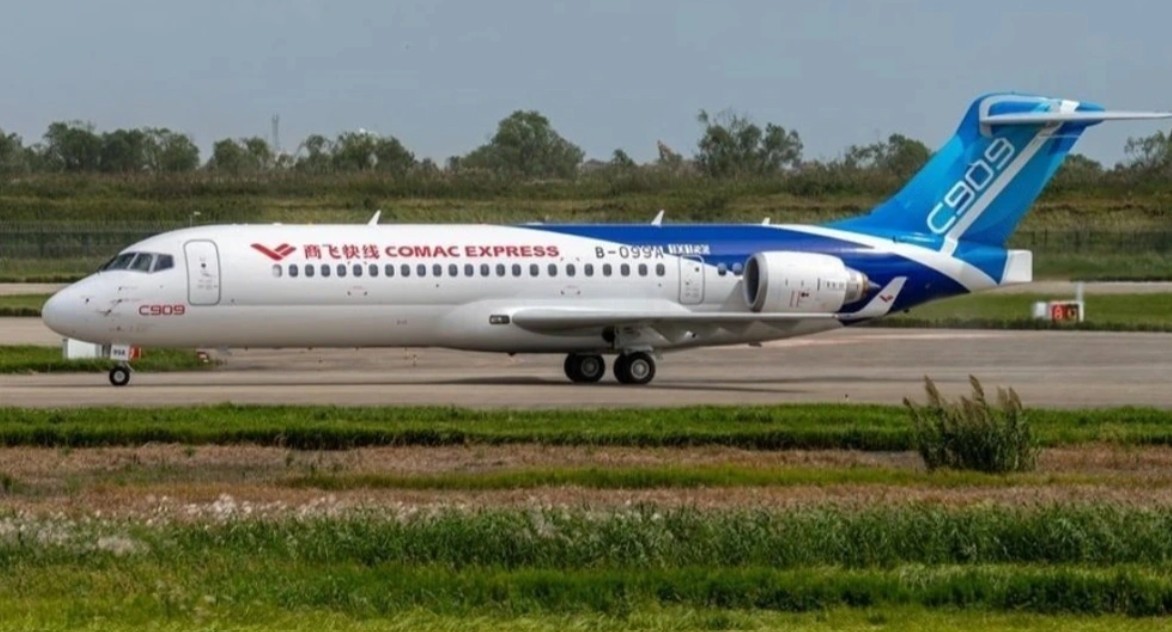 Make in Vietnam
Make in Vietnam
Vietnam Considers Regulatory Changes to Import China's Comac C909 Aircraft
 Make in Vietnam
Make in Vietnam
Vietnam Urged to Establish a Legal Framework for Digital Assets and Cryptocurrency
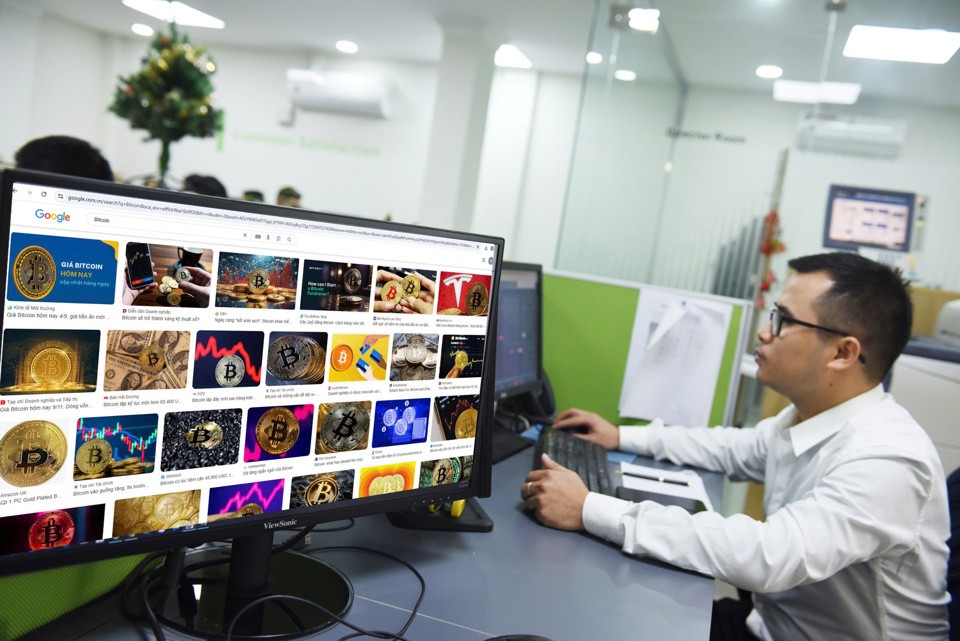 Make in Vietnam
Make in Vietnam
Digital Currency Management in Vietnam from Global Experience
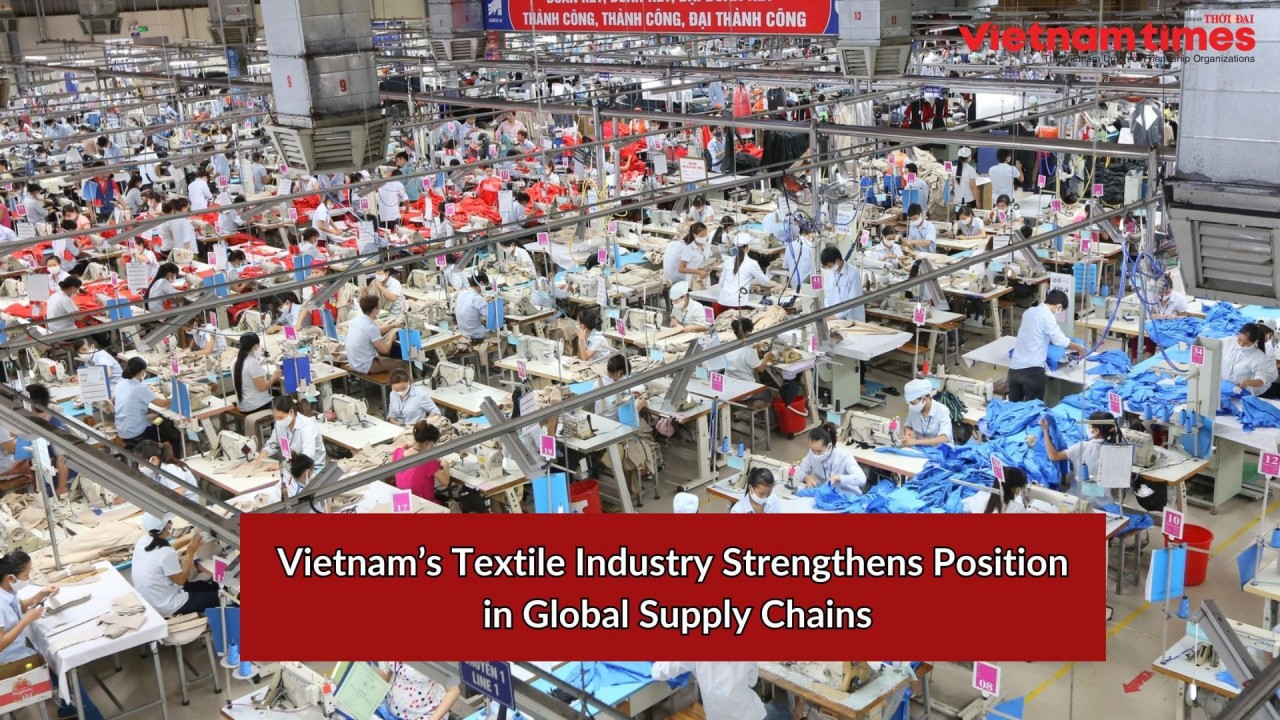 Multimedia
Multimedia
Vietnam’s Textile Industry Strengthens Position in Global Supply Chains
Popular article
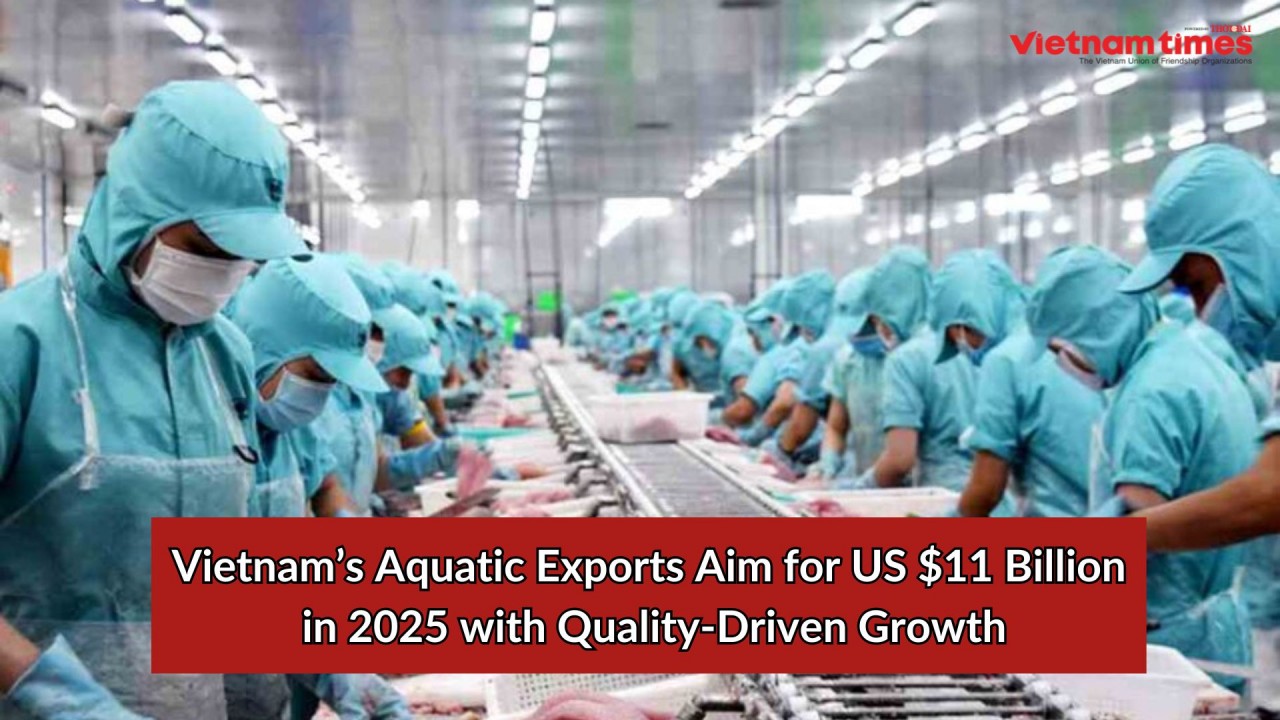 Make in Vietnam
Make in Vietnam
Vietnam’s Aquatic Exports Aim for US $11 Billion in 2025 with Quality-Driven Growth
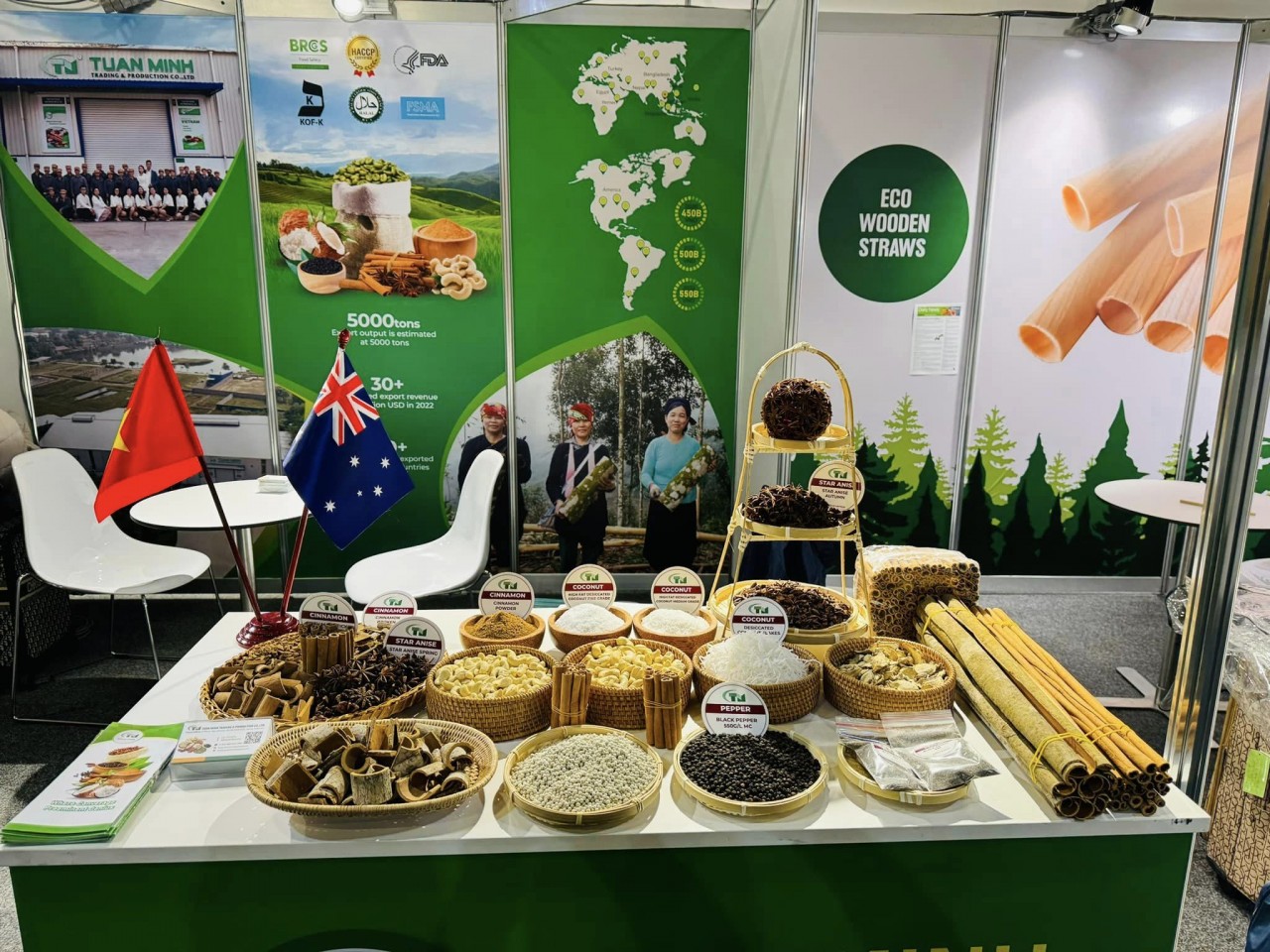 Economy
Economy
Vietnamese Products Steal The Show at 2024 Foodservice Australia
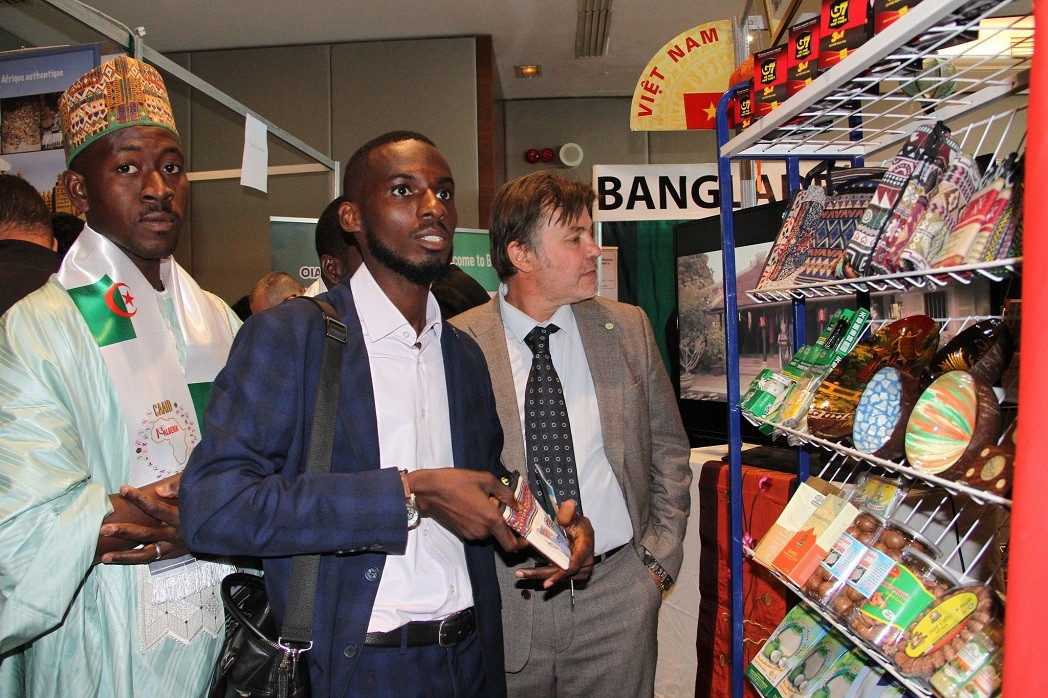 Make in Vietnam
Make in Vietnam
Huge Potentials, Opportunities for Vietnamese Products in African Market
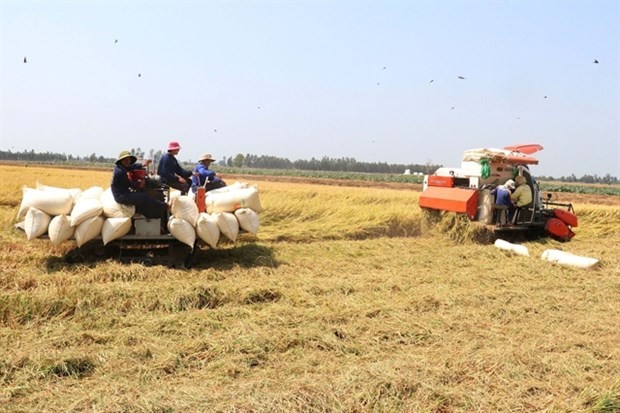 Make in Vietnam
Make in Vietnam





